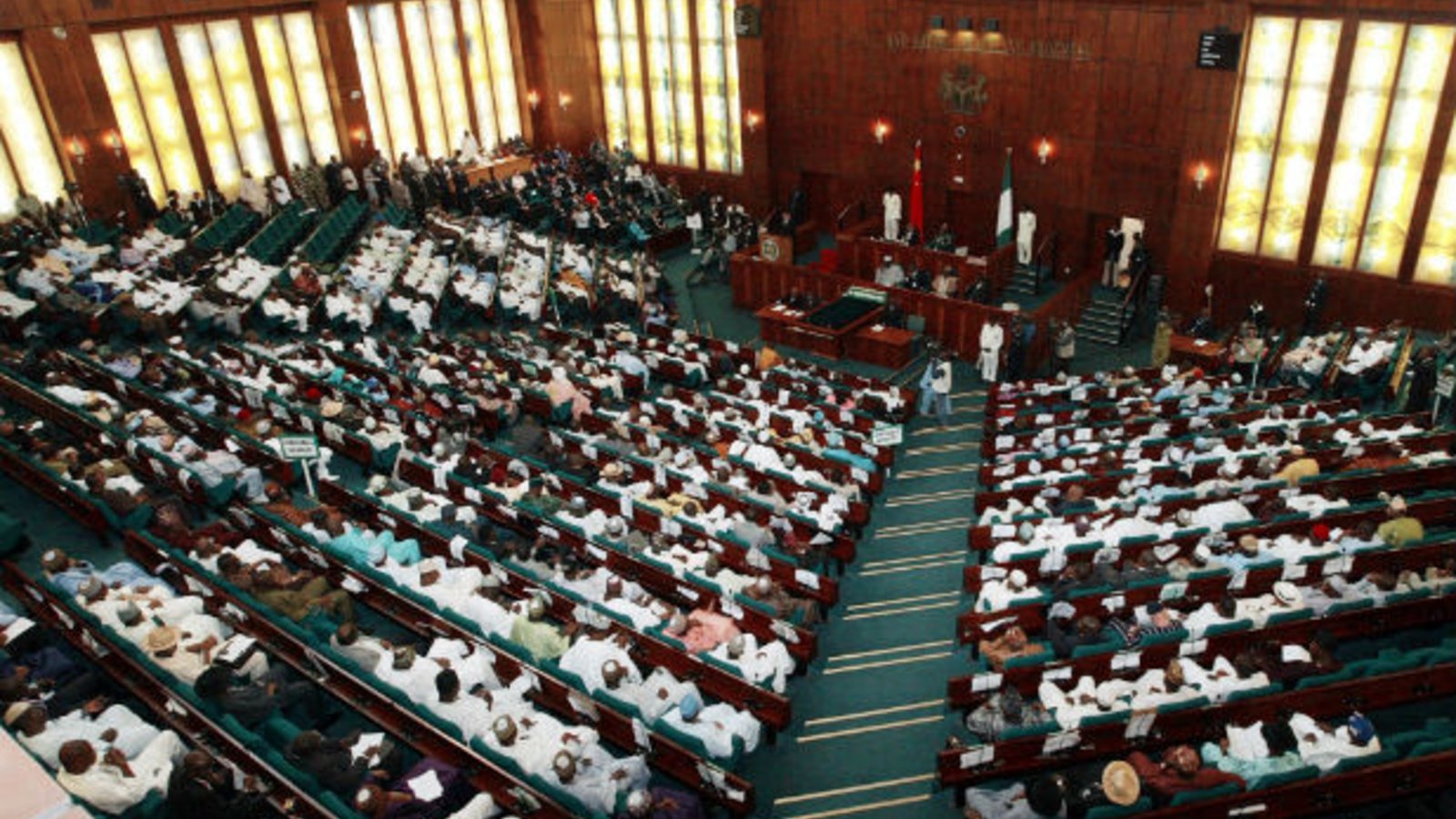The National Assembly has proposed amendments to the Central Bank of Nigeria (CBN) Act 2007, aimed at enforcing a stringent neutrality rule for the apex bank’s top executives.
Spearheaded by former Senator Darlington Nwokocha before he was sacked from office by an Appeal Court in Lagos, the amendment seeks to prohibit the Chairman, Governor, and Deputy Governors of the CBN from engaging in political activities or becoming members of any political party for three years post their tenure.
A part (amended section 8) of Central Bank of Nigeria Act 2007 (Amendment) Bill 2023 read: “The Governor and Deputy-Governors shall be persons of recognized financial experience and shall be appointed by the President subject to confirmation by the Senate on such terms and conditions as may be set out in their respective letters of appointment.
“The Chairman shall also be appointed by the President. The Chairman, Governor and Deputy Governors shall not engage in or be a member of any political party until three (3) years after disengaging from office.”
The bill also outlines that the CBN’s top officials—comprising the Chairman, Governor, and Deputy Governors—shall initially be appointed for a five-year term.
READ ALSO: NASS grants LGAs full autonomy, INEC to conduct local government elections
They may be reappointed for one additional term not exceeding five years. A transitional clause stipulates varying terms for the initial Deputy Governors to facilitate a staggered leadership transition, with two appointed for three years and two for four years.
The amendment bill read: “The Chairman, Governor and Deputy Governors shall be appointed in the first instance for a term of five years and shall each be eligible for reappointment for another term not exceeding five years and no more:
“Provided that, of the first five Deputy Governors to be so appointed, two shall in the first instance be appointed for three years and two shall in the first instance be appointed for four years.”
The bill also enhances the accountability mechanisms of the CBN Governor by mandating semi-annual reports to the National Assembly.
These sessions are to cover the broad spectrum of the CBN’s monetary policy efforts, activities, objectives, and future economic development prospects.
The amendment proposes a Board of Directors for the CBN, designed to inject a broader range of expertise and ensure robust oversight.
The amendment bill noted: “There shall be for the Bank a Board of Directors (in this Act referred to as “the Board”) which shall be responsible for the policy and general administration of the affairs and business of the Bank.
READ ALSO: Aiyedatiwa picks ex-deputy clerk of NASS, Adelami as deputy
“The Board shall consist of (a) Chairman; who shall be a renowned professional in Accounting, Finance or Economics that have served as a Chief Executive of a regulatory agency in Nigeria and has deep insight of the operations of the Central Bank of Nigeria in the course of his regulatory functions.
“(b) the Governor; (c) Five Deputy Governors (of which one shall be appointed from each region other than the region where the Governor comes from); (d) the Permanent Secretary, Federal Ministry of Finance; (e) five non-executive Directors; and (f) Accountant-General of the Federation.”
The amendment bill added: “Board shall, from time to time (a) keep the President, informed of the affairs of the Bank including a report on its budget; and (b) make a formal report and presentation on the activities of the Bank and the performance of the economy to the relevant Committees of the National Assembly.”
In its latest report on Article IV consultation with Nigeria, the International Monetary Fund (IMF) urged caution regarding the ongoing amendment to the CBN Act.
The IMF noted that such a move could hamper the CBN’s autonomy and harm monetary policy management.

 Health5 days ago
Health5 days ago
 Entertainment6 days ago
Entertainment6 days ago
 Crime5 days ago
Crime5 days ago
 Education7 days ago
Education7 days ago
 Health7 days ago
Health7 days ago
 Comments and Issues6 days ago
Comments and Issues6 days ago
 Football6 days ago
Football6 days ago
 Latest6 days ago
Latest6 days ago

